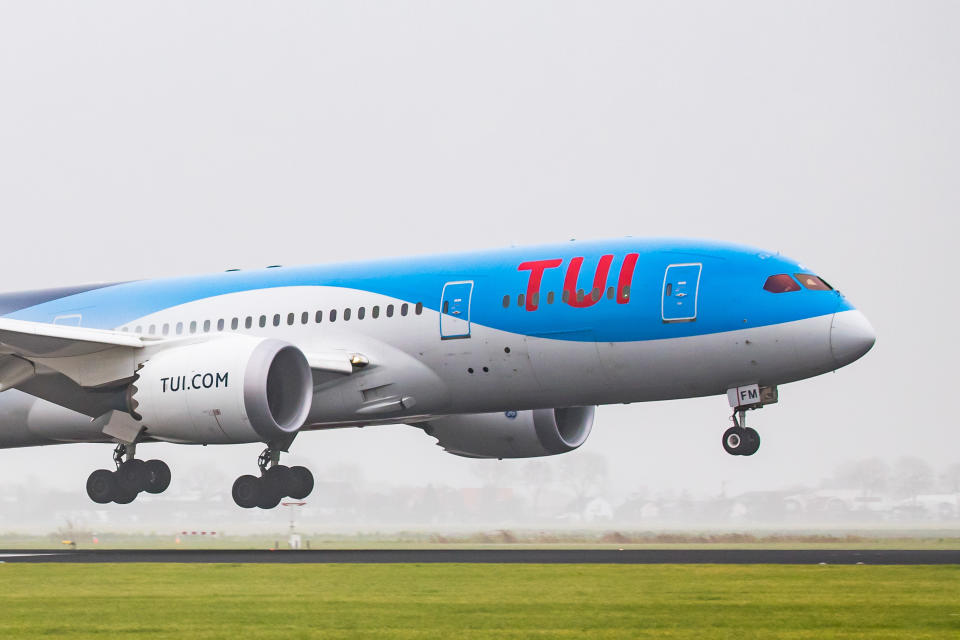Coronavirus: TUI to axe 8,000 jobs as tourism industry faces ‘greatest crisis’

Travel operator TUI (TUI.L) said on Wednesday that it could be forced to axe up to 8,000 jobs worldwide as a result of the coronavirus pandemic.
The company said that it was hoping to permanently reduce its cost base by 30% across the entire group, noting that it would be “stronger, much leaner and more flexible” after the pandemic.
TUI said that the job cuts would come from both redundancies and an overall reduction in recruitment.
“The tourism industry has weathered a number of macroeconomic shocks throughout the most recent decades. However, the COVID-19 pandemic is unquestionably the greatest crisis the industry and TUI has ever faced,” it said in a statement.
Noting that a different TUI would emerge from the crisis, chief executive Fritz Joussen said that the new market environment would require cuts in “investments, in costs, in our size and our presence around the world.”
READ MORE: UK economy saw worst slump since 2008 even before full lockdown blow
In March, TUI had already furloughed 11,000 of its UK workers using the government’s wage-subsidy scheme, including 4,500 travel agency staff and more than 6,500 pilots, cabin crew, and head office workers.
TUI typically has around 70,000 employees during the peak summer season.
The FTSE 250 (^FTMC) travel operator posted a loss of €846m (£747m) in the first half of 2020, compared to €289m (£255m) in the same period last year.
Since the coronavirus crisis struck, the company’s balance sheet has been supported by a €1.8bn bridging loan from Germany’s state-owned development bank.
But TUI said the loan must be paid back by the middle of 2022, increasing the need to reduce costs so that it can offload debt.
Joussen told journalists on Wednesday that, in spite of 70% cost reductions, TUI was still burning through cash at a rate of €250m a month.
Travel industry firms are confronting an unprecedented crisis in coronavirus, and analysts have warned that many more may collapse under the weight of the collapse in demand from travellers.
TUI said it would engage in widespread restructuring, noting that it could defer aircraft orders and offload non-profitable business arms.
READ MORE: British Airways owner warns ‘nothing positive’ for airlines in Johnson speech
The German-headquartered firm, which is also the UK’s largest travel operator, nonetheless said that it stood ready to resume providing holidays, noting that it will implement social distancing and cleaning measures.
It will be targeting local holiday packagers for customers, it said. “The demand for holidays is still very high. People want to travel,” said Joussen.
In recent days, Willie Walsh, the chief executive of British Airways owner IAG (IAG.L), said that it could be 2023 before things returned to normal for the airline industry.
“There are some people predicting that it won’t be until 2026, so this will be something that we will continue to assess as we monitor the global demand,” he said.

 Yahoo Finance
Yahoo Finance 
